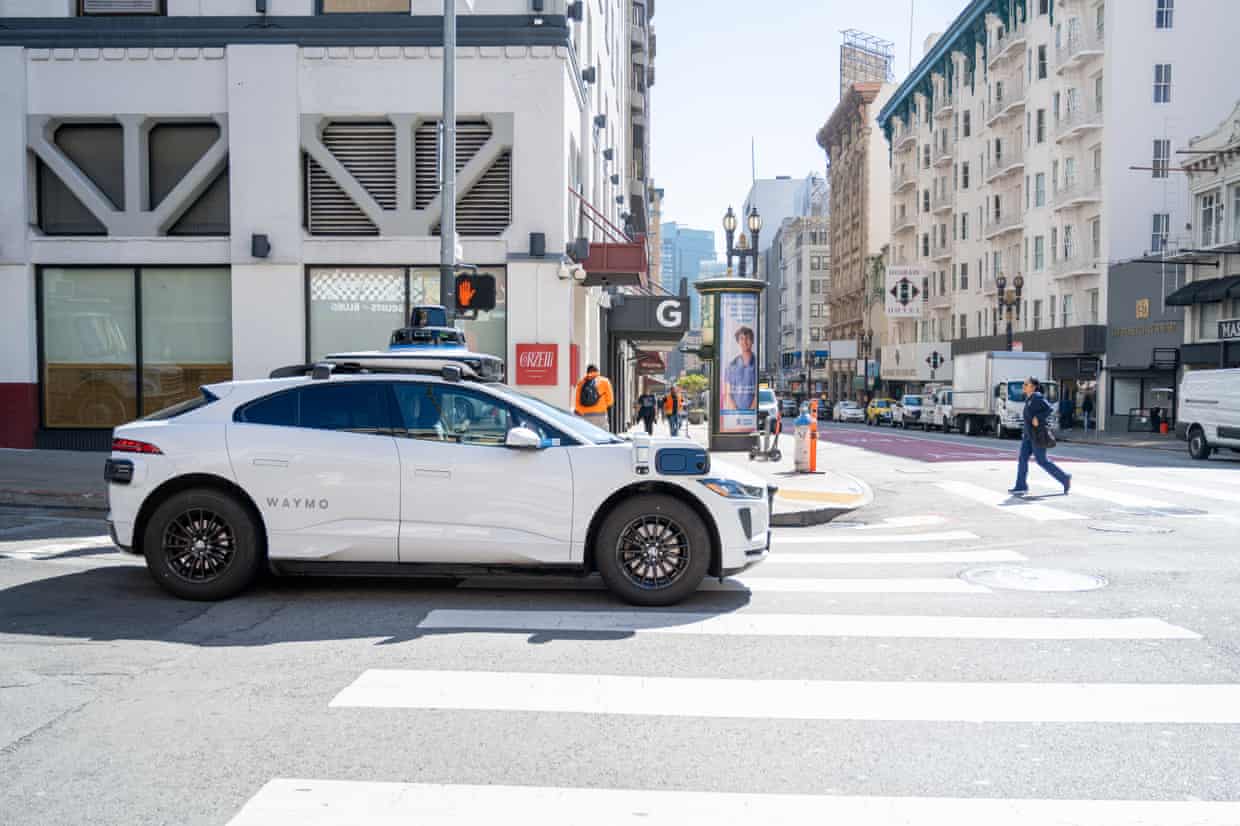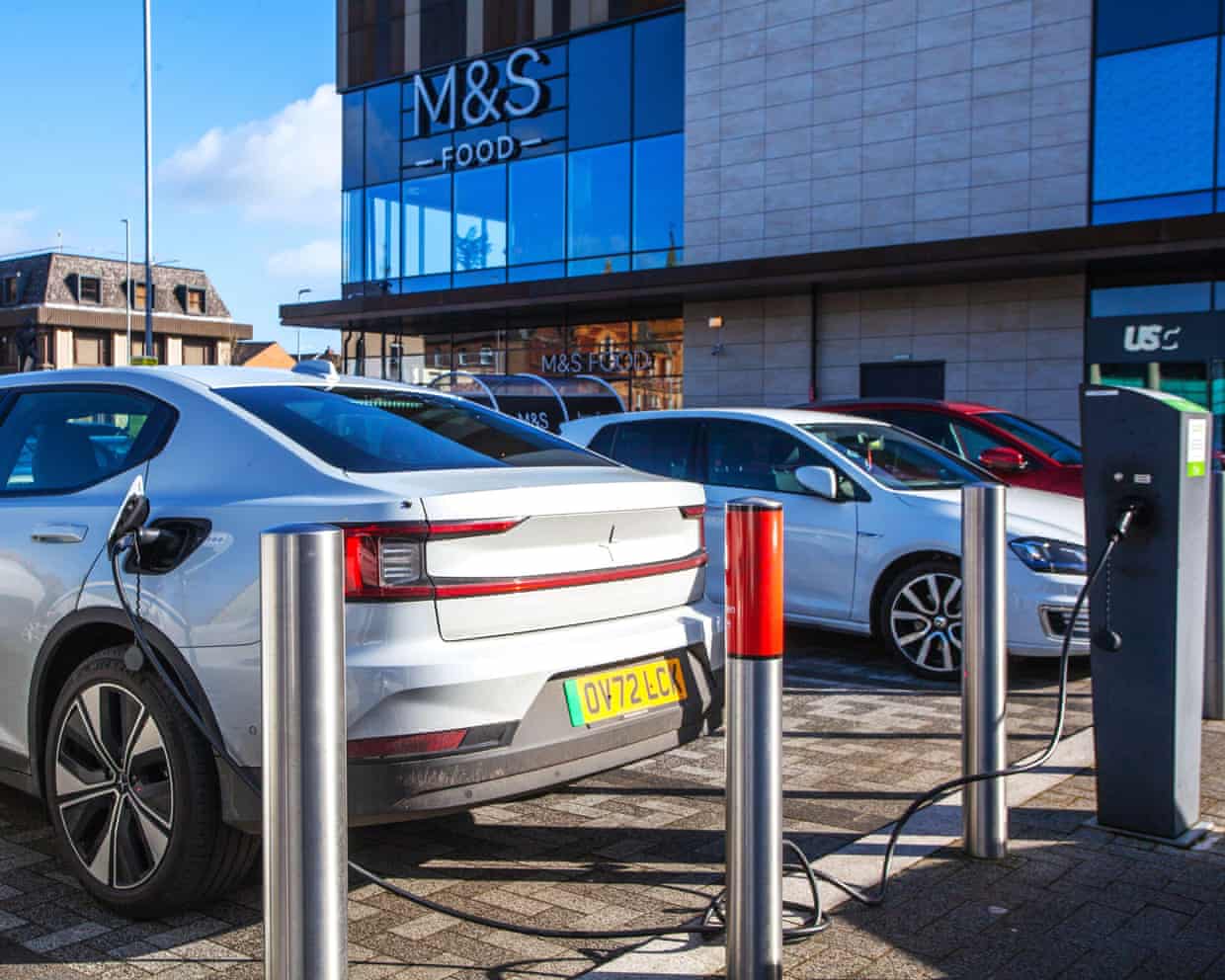‘No progress’: county cricket clubs criticised for continued lack of diversity

The 18 first-class counties have been criticised by the England and Wales Cricket Board for failing to make any progress in increasing the ethnic and gender diversity of their senior leadership.The State of Equity in Cricket Report published on Thursday, which was first commissioned in the wake of the Azeem Rafiq racism scandal, shows that minority ethnic and female representation among the county chairs and chief executives has not improved since 2019 despite repeated calls for change from the ECB.Yorkshire’s chief executive, Sanjay Patel, who was previously chief commercial officer at the ECB and managing director of the Hundred, is the only county executive from an ethnically diverse background.Kent’s Krishna Shanmuganathan, who took office earlier this year, is the only minority ethnic chair.Lisa Pursehouse was a longstanding chief executive at Nottinghamshire, but left the club in September, with Emma White hired by Leicestershire the same month.
Dame Sarah Storey was appointed interim chair of Lancashire in August.The report notes that in 2019 there were two female chief executives and one female chair.The publication of a State of Equity report was one of 44 recommendations made by the Independent Commission for Equity in Cricket, which reported in 2023 after being set up by the ECB following Rafiq’s complaints about experiencing racism at Yorkshire.Although using ECB data, the report has been moderated by the equality, diversity and inclusion consultant Sports Structures.“There has been no progress in the gender diversity in chair and CEO roles in PCCs, and this is a key focus for the coming years,” the report states.
“Ethnic diversity across chair and CEO positions in cricket remains low, and interventions in recent years have not yet led to improvements in representation.”The ECB has had more success in diversifying its leadership than the counties, with 42% of the governing body’s board female and 33% ethnically diverse.The State of Equity Report also notes that significant progress has been made in broadening access to county talent pathways, taking cricket into state schools and inner cities through increased funding by the ECB, and clamping down on discrimination through the creation of an independent Cricket Regulator.Sign up to The SpinSubscribe to our cricket newsletter for our writers' thoughts on the biggest stories and a review of the week’s actionafter newsletter promotionThe ECB chair, Richard Thompson, said his ambition was to make cricket the most inclusive team sport in the country, but acknowledged there was still work to do.“Becoming the most inclusive team sport was an ambition that chief executive Richard Gould and I set for the game, and I am proud that it has been our North Star since it was first proposed,” Thompson said.
“There are many positives to reflect on, but we also recognise there is still much more to do, and there are areas where progress is more challenging.“While I am delighted to see many more women and ethnically diverse people as board members across the game, we need to focus on representation in executive leadership roles to ensure they reflect the communities we serve.”

Waymo announces that its robotaxis will drive freeways for the first time
Alphabet’s Waymo said on Wednesday that it would begin offering robotaxi rides that use freeways across San Francisco, Los Angeles and Phoenix, a first for the Google subsidiary as it steps up expansion amid global and domestic competition in the self-driving industry.Freeway rides will initially be available to early-access users, Waymo said. “When a freeway route is meaningfully faster, they can be matched with a freeway trip, providing quicker, smoother, and more efficient rides,” it said.Waymo, which already operates in parts of the San Francisco Bay Area, is also extending operations to San Jose, including Mineta San Jose international airport, the second airport in its service area after Phoenix Sky Harbor.The move comes as Tesla expands its robotaxi service with safety monitors and drivers, and Zoox – backed by Amazon – offers free robotaxi rides on and around the Las Vegas Strip

A tax roadmap for electric cars | Letters
Rachel Reeves’s proposal to introduce a pay-per-mile tax levy on electric vehicles is idiotic, especially suggesting that hybrid vehicles will have a reduced rate and still pay the usual road tax (Rachel Reeves considering pay-per-mile tax for electric vehicles in budget, 6 November). Furthermore, requiring drivers to predict their yearly mileage in advance and then pay or reclaim the difference for actual mileage depending on whether they have underestimated or overestimated it is too cumbersome. If the DVLA is to oversee the collection/repayment system, it will undoubtedly need to recruit more staff or outsource the arrangement, with all the attendant pitfalls that would entail.The fairest way for the taxation of all motorists is to abolish the road tax and introduce a road toll system, as used on the Dartford crossing and the M6 toll road. Automatic number plate recognition (ANPR) would need to be an essential feature

Tech companies and UK child safety agencies to test AI tools’ ability to create abuse images
Tech companies and child protection agencies will be given the power to test whether artificial intelligence tools can produce child abuse images under a new UK law.The announcement was made as a safety watchdog revealed that reports of AI-generated child sexual abuse material [CSAM] have more than doubled in the past year from 199 in 2024 to 426 in 2025.Under the change, the government will give designated AI companies and child safety organisations permission to examine AI models – the underlying technology for chatbots such as ChatGPT and image generators such as Google’s Veo 3 – and ensure they have safeguards to prevent them from creating images of child sexual abuse.Kanishka Narayan, the minister for AI and online safety, said the move was “ultimately about stopping abuse before it happens”, adding: “Experts, under strict conditions, can now spot the risk in AI models early.”The changes have been introduced because it is illegal to create and possess CSAM, meaning that AI developers and others cannot create such images as part of a testing regime

Matthew McConaughey and Michael Caine sign voice deal with AI company
Oscar-winning actors Matthew McConaughey and Michael Caine have both signed a deal with the AI audio company ElevenLabs.The New York-based company can now create AI-generated versions of their voices as part of a bid to solve a “key ethical challenge” in the artificial intelligence industry’s alliance with Hollywood.McConaughey, who has also invested in the company and collaborated with it since 2022, will now allow ElevenLabs to translate his newsletter, Lyrics of Livin’, into a Spanish-language audio version using his voice.In a statement, the Dallas Buyers Club actor said he was “impressed” by ElevenLabs and wanted the partnership to help him “reach and connect with even more people”.ElevenLabs is also launching the Iconic Voices Marketplace, which will allow brands to partner with the company and use officially licensed celebrity voices for AI-generated usage

John Tymukas obituary
My brother-in-law John Tymukas, who has died aged 73, was a structural engineer on many of London’s infrastructure projects from the 1990s onwards, including Canning Town station, Heathrow Terminal 5, Glaxo Smithkline HQ and Crossrail Bond Street.Born in Adelaide, South Australia, John was the son of Kostas, a Lithuanian refugee and engineer, and Kathleen (nee Donohoe), the daughter of Irish emigrants and a former clerk. He was the eldest of six siblings. John completed his education in Brisbane at Downlands school and the Queensland Institute of Technology, where he took a four-year engineering degree course and worked in Australia before heading in 1990 to London to work on contracts with engineering companies such as SKB and WSP.An avid traveller, he covered Europe extensively, making contact with Lithuanian and Irish family members and discovering family history unknown in Australia until he made the links

ChatGPT violated copyright law by ‘learning’ from song lyrics, German court rules
A court in Munich has ruled that OpenAI’s chatbot ChatGPT violated German copyright laws by using hits from top-selling musicians to train its language models in what creative industry advocates described as a landmark European ruling.The Munich regional court sided in favour of Germany’s music rights society GEMA, which said ChatGPT had harvested protected lyrics by popular artists to “learn” from them.The collecting society GEMA, which manages the rights of composers, lyricists and music publishers and has approximately 100,000 members, filed the case against OpenAI in November 2024.The lawsuit was seen as a key European test case in a campaign to stop AI scraping of creative output. OpenAI can appeal against the decision

Scott Barrett fit to return and captain All Blacks against England at Twickenham

‘No progress’: county cricket clubs criticised for continued lack of diversity

Ashes injury scare for England with Mark Wood in hospital for scan on hamstring

England reveal Ashes blueprint only for Mark Wood injury scare to threaten ripping it up

Cameron Green stakes Ashes claim with strong all-round showing in Sheffield Shield

Rugby World Cup ‘heartbreak’ but then ‘a cool feeling’: New Zealand duo Liana Mikaele-Tu’u and Layla Sae’s rollercoaster ride